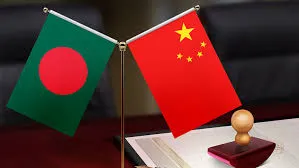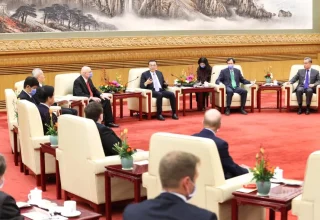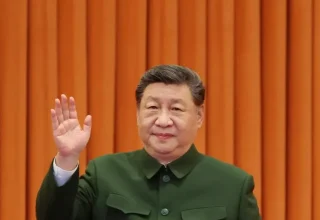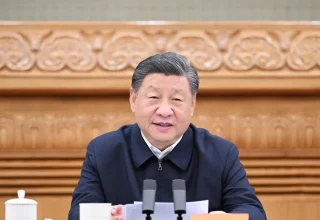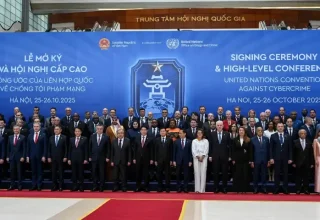
More than 60 countries have signed the first-ever global agreement to combat cybercrime, finalized under the auspices of the United Nations in Hanoi. However, the treaty has drawn strong criticism from technology companies and human rights groups, who argue it could expand state surveillance and restrict digital freedoms.
According to foreign media, the treaty aims to strengthen international cooperation against online criminal activities including financial fraud, child sexual exploitation material, and money laundering. UN Secretary-General António Guterres called the agreement “an important milestone,” stressing the urgent need for a coordinated global response to rising cybercrime. “Online fraud affects millions daily and costs the global economy billions of dollars,” he said.
The treaty was originally proposed by Russian diplomats in 2017 and was approved last year after years of negotiations.
Despite broad support, critics say the treaty’s vague language could allow governments to use cross-border cooperation mechanisms to target political critics, dissidents, and journalists. Tech Global Institute founder Subhanaz Rashid Dia warned that the agreement may compel technology companies to hand over user data, posing “serious risks to journalists and human rights defenders.”
She said the treaty legitimizes a “dangerous precedent” already seen in authoritarian states where digital surveillance has been used to suppress dissent.
Vietnamese officials confirmed that over 60 countries have registered to sign the agreement, though the full list has not yet been disclosed. Experts suggest the signatories will likely include not only Russia, China, and their allies, but also several democratic states seeking stronger cybercrime enforcement.
Human rights organizations have criticized the treaty’s safeguards as insufficient, arguing that clearer protections are needed to prevent misuse.








